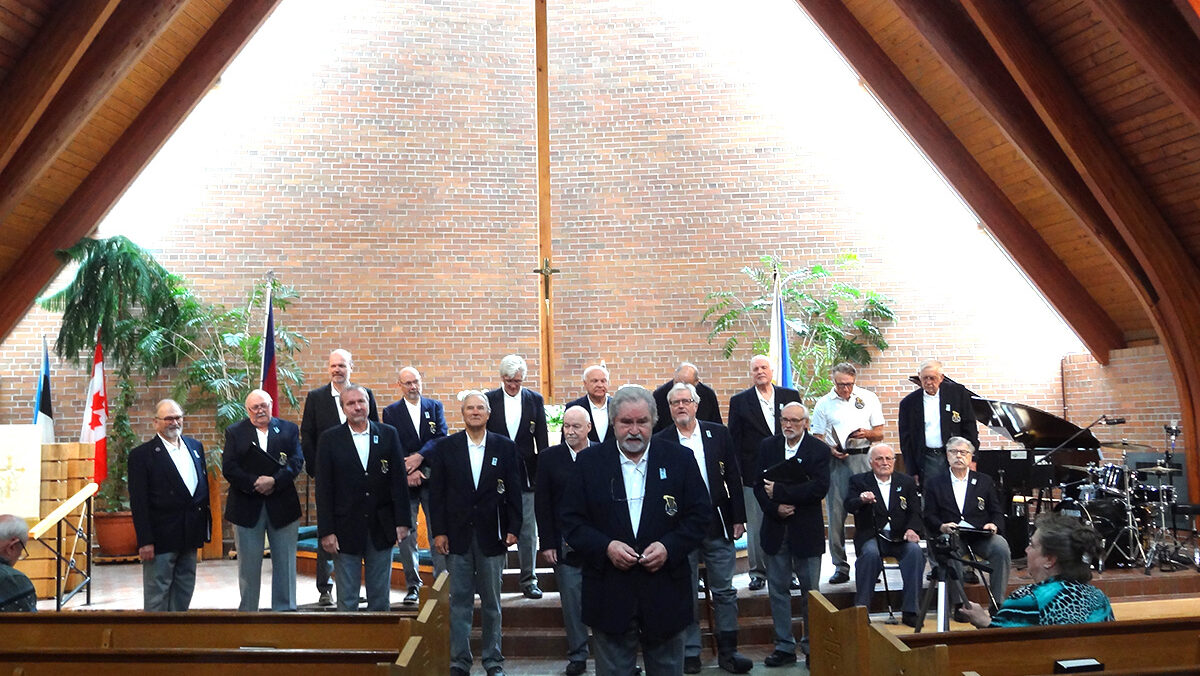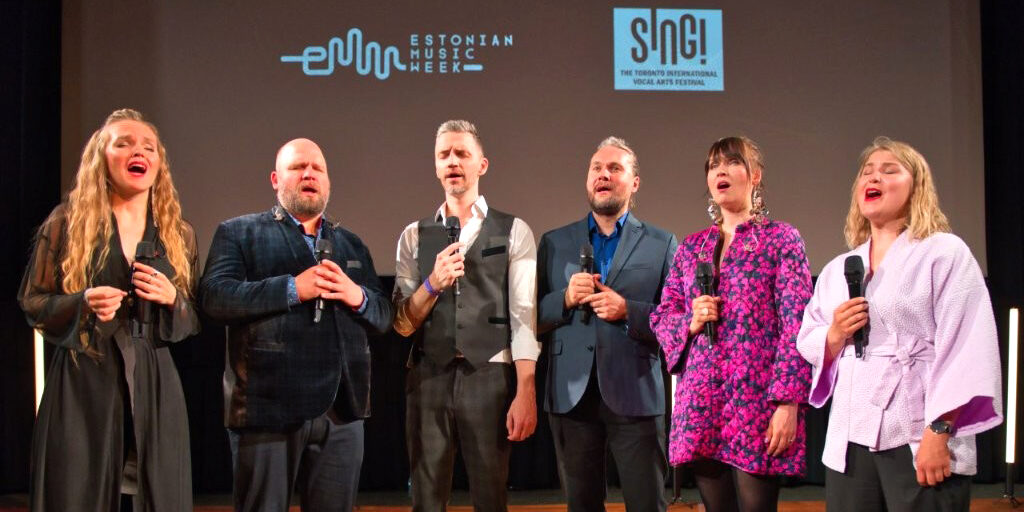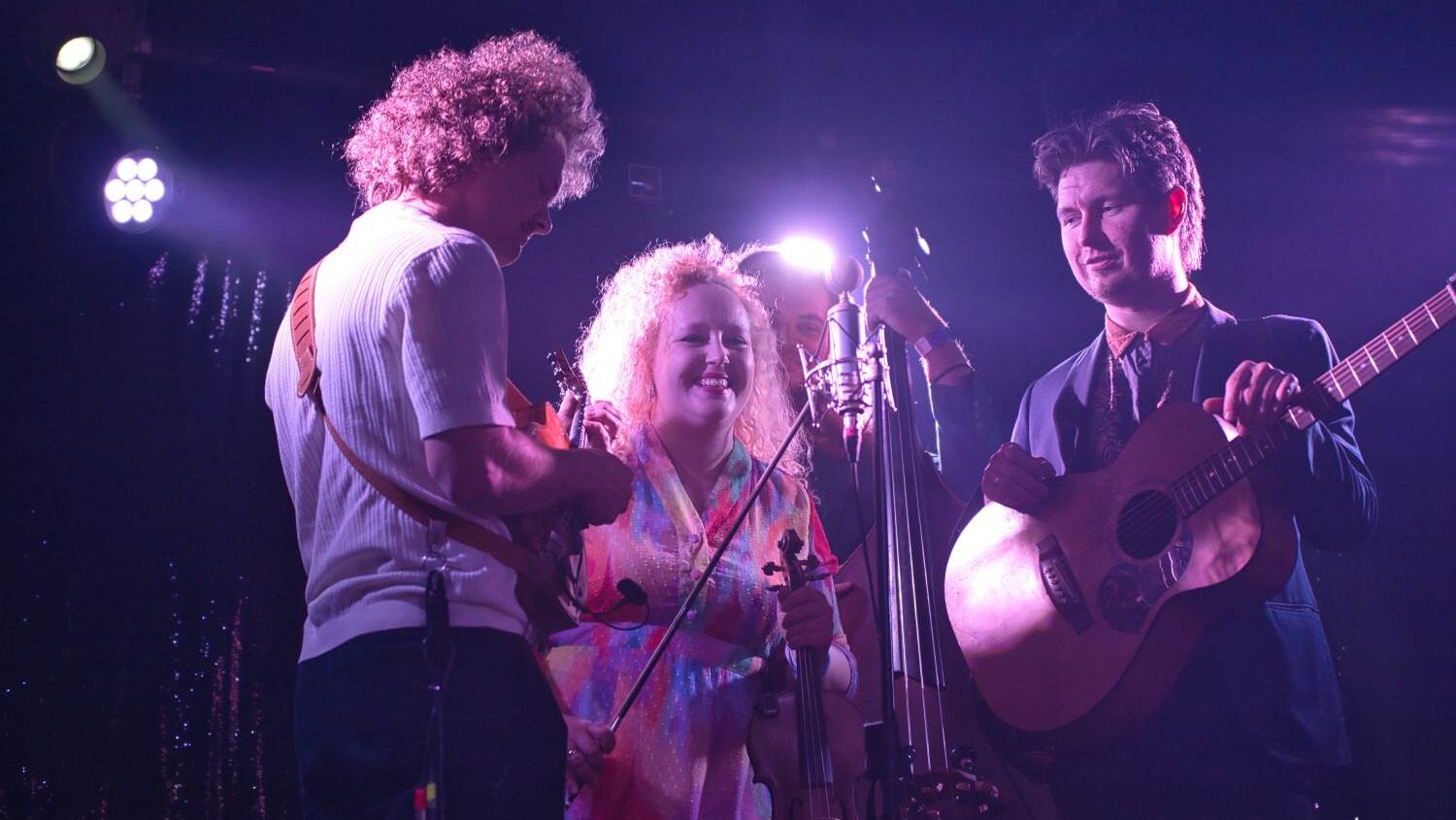I think there are two reasons that have to do with Finno-Ugric logic and the Estonian language.
First, the situation: no one would waste time with such questions in Estonia. It’s cold outside and you need to get to the point quickly once you’ve decided to open your mouth. Thus: „Tšau, mis teed?“ (“Hi, what are you doing?”) or „Kas saad praegu rääkida?“ (“Can you talk right now?”)
Should someone still be careless enough to open the communication with the phrase „Kuidas läheb?“ (“How’s it going?”), the possible array of answers is anything but positive, implying that now that you’ve made the mistake of asking, you must pay for it with at least half an hour of your life: „Oh, ära räägi!“ (“Oh, don’t even get me started…!”), or „Mis ta läheb“ (“Where is there to go anyway”) or „Läheb kah“ (“Pushing through”).
You wouldn’t want to say out loud that everything was just fine—even if it was—because it might conjur up some mysterious evil spirits who’d like to come and deprive you of your silly happiness.
Don’t get me wrong—life is not actually that miserable in Estonia, it’s just the cautious attitude towards the present and the future bubbling up from some wells of wisdom deep inside Finno-Ugric souls. You wouldn’t want to say out loud that everything was just fine—even if it was—because it might conjur up some mysterious evil spirits who’d like to come and deprive you of your silly happiness. Don’t let that happen.
True, it is far more pleasant and polite to approach a person you want to speak to with some soft, prepared phrases. So, should you still feel the need to practice this courtesy in the Estonian language, the grammatically correct answer would be: „Hästi läheb!“ (“It’s going fine!”)
Note the last letter of the phrase, once again: –b. This is the ending that indicates third person singular form. Not –n, the first person singular form! If you had said „Hästi lähen!“ (this has been said before, true story) it would mean that you are going away for good.
So, who or what is that mysterious she/he/it that is going well then? It is one of those impersonal Estonian expressions again. It means something in general, such as life, is going well. It has nothing to do with the person speaking. Life just happens to Estonian speakers, and on some occasions, it may go fine!




